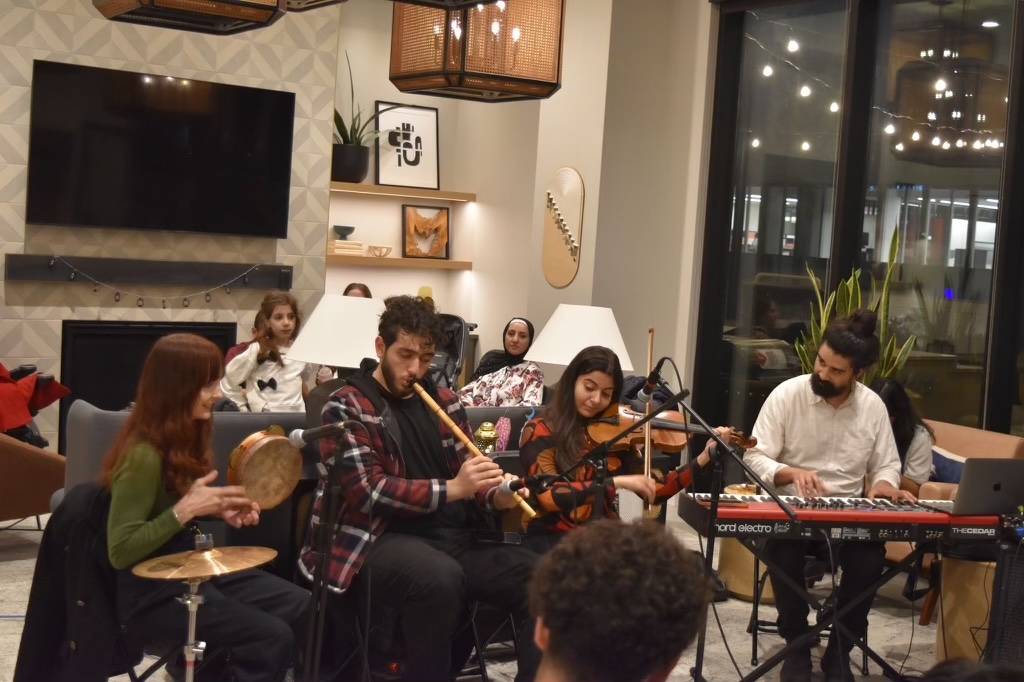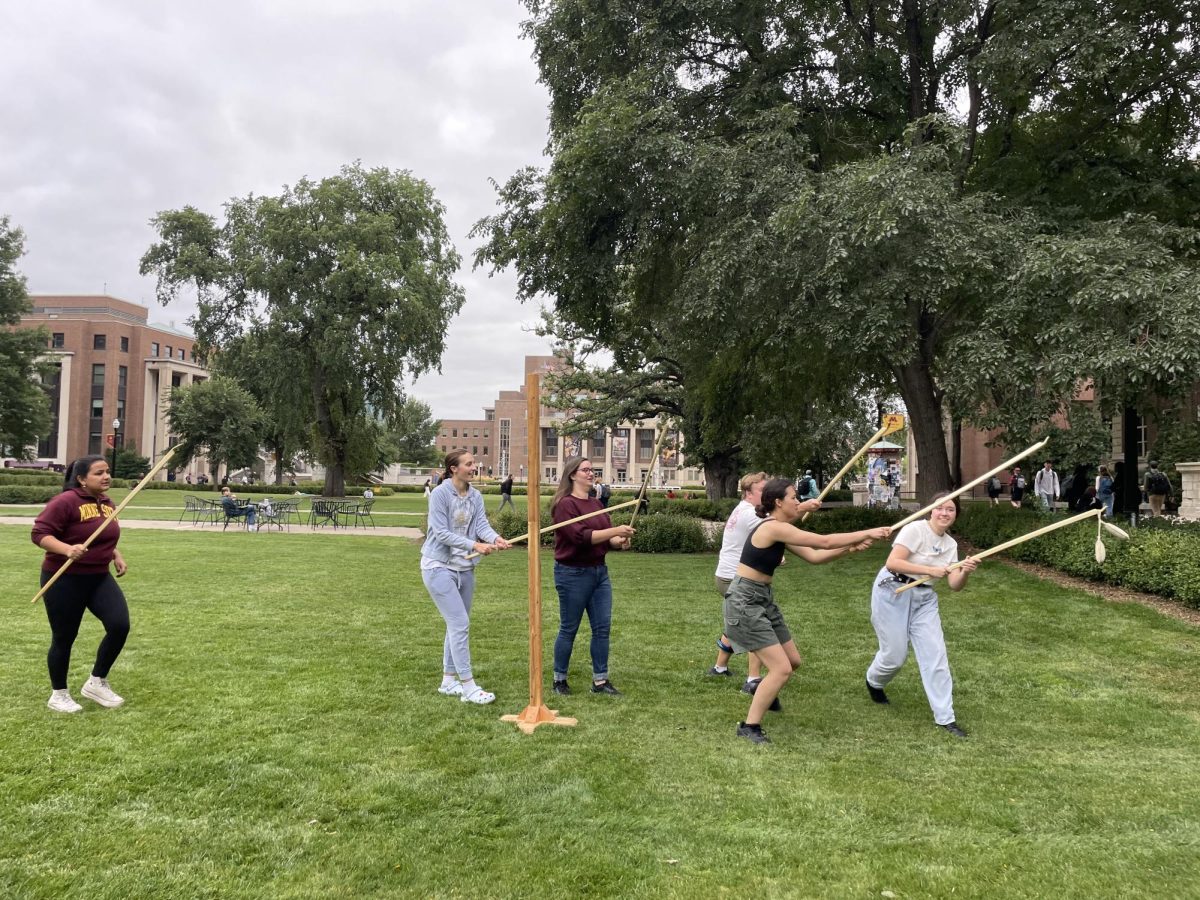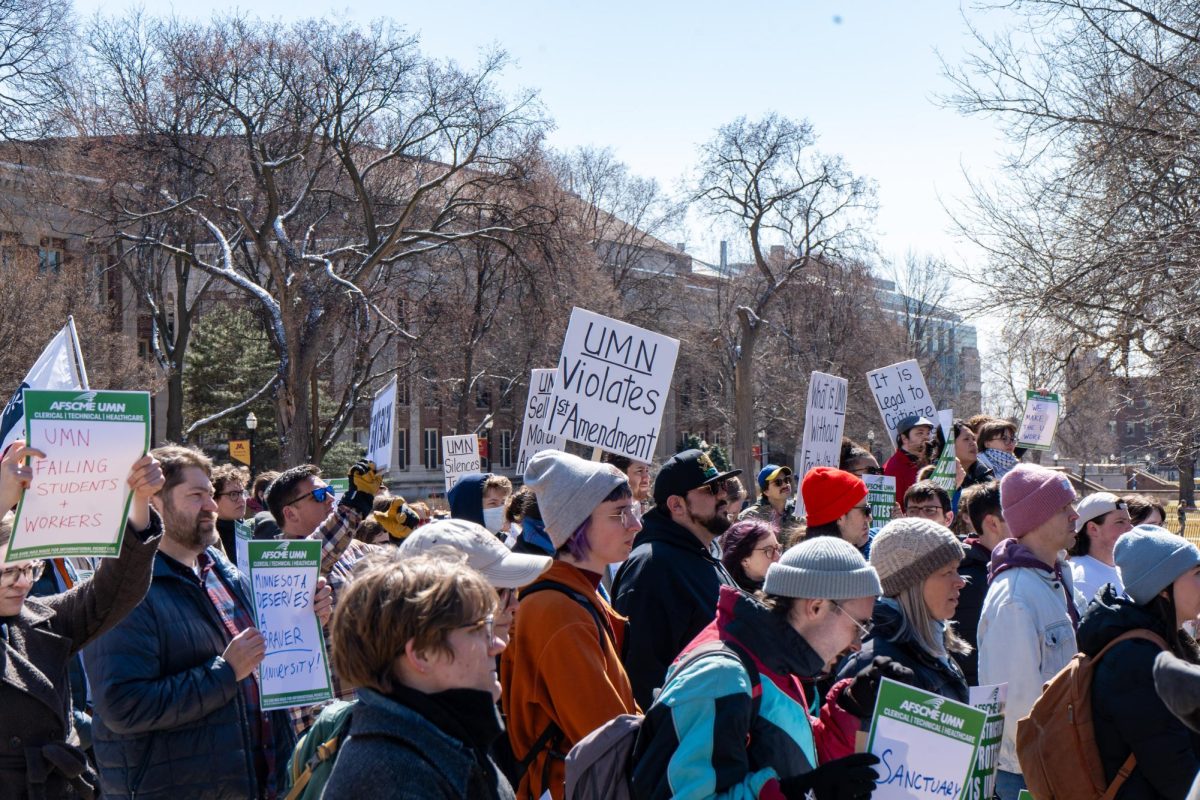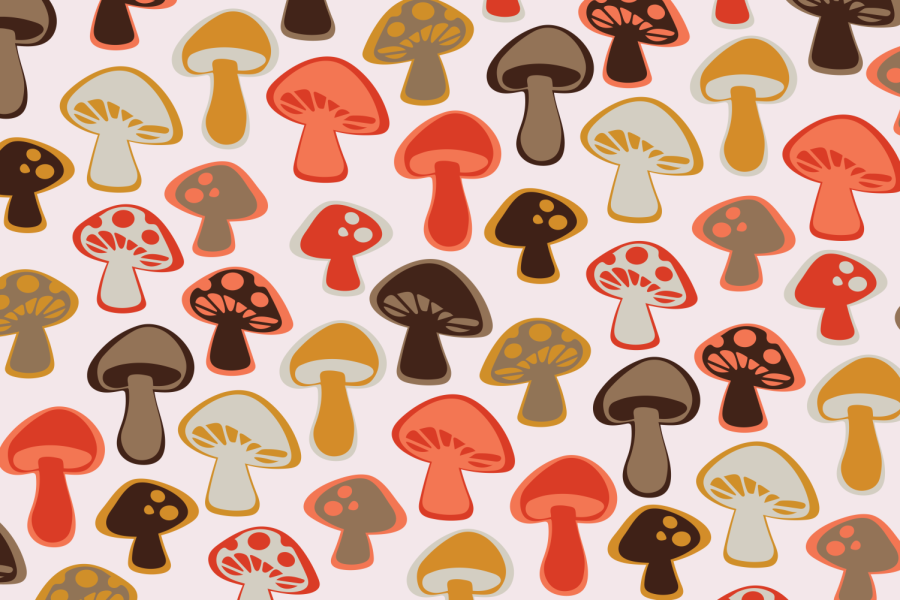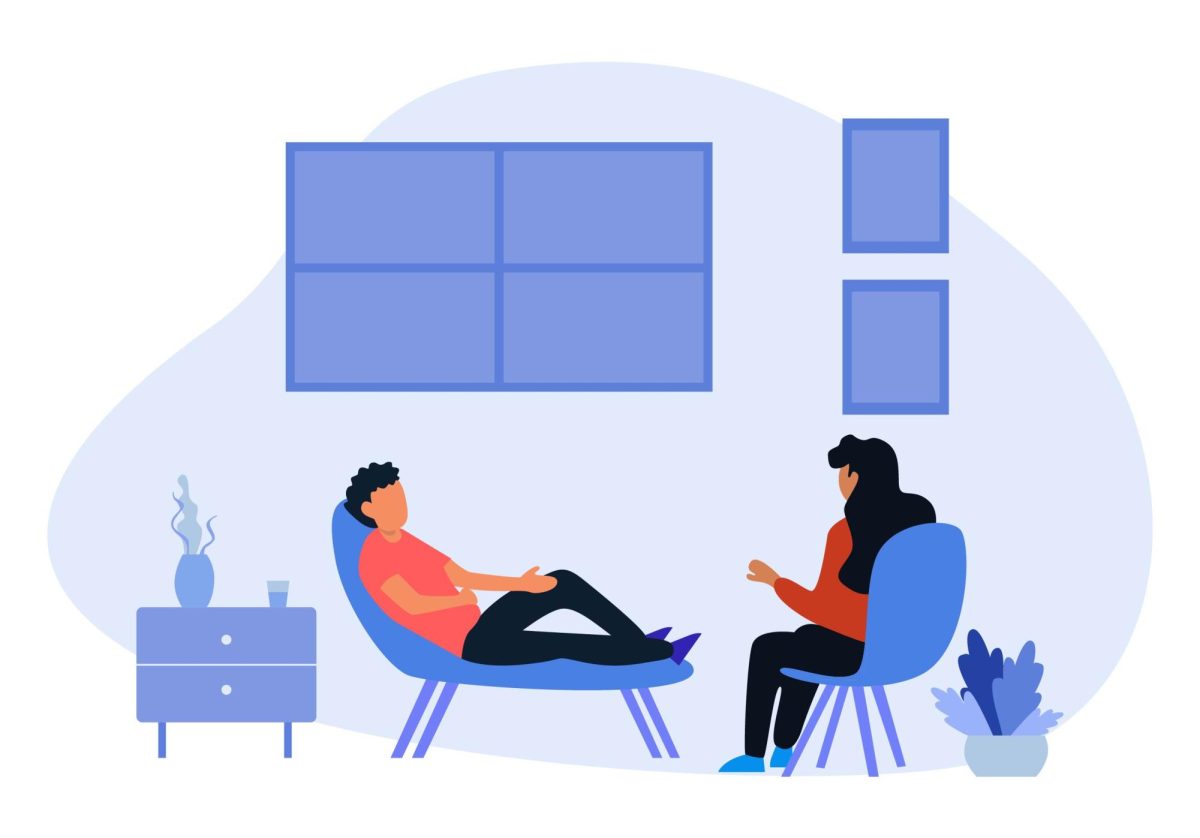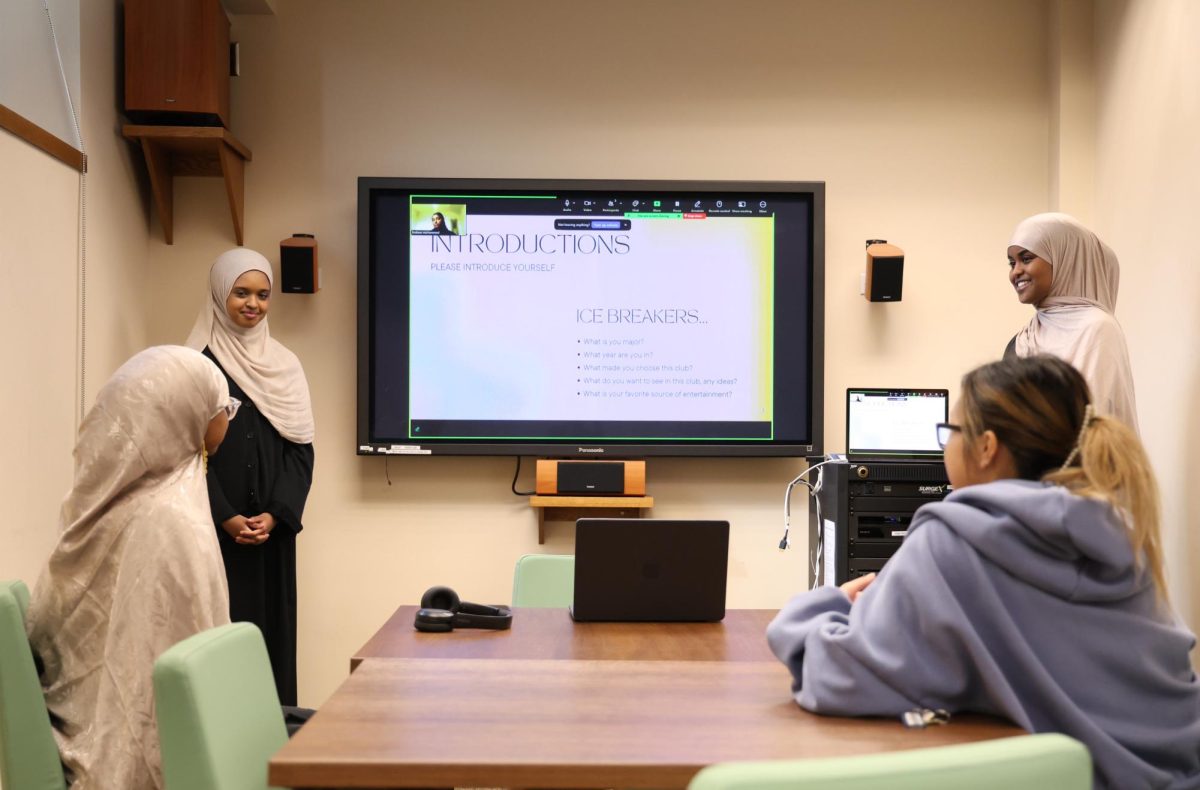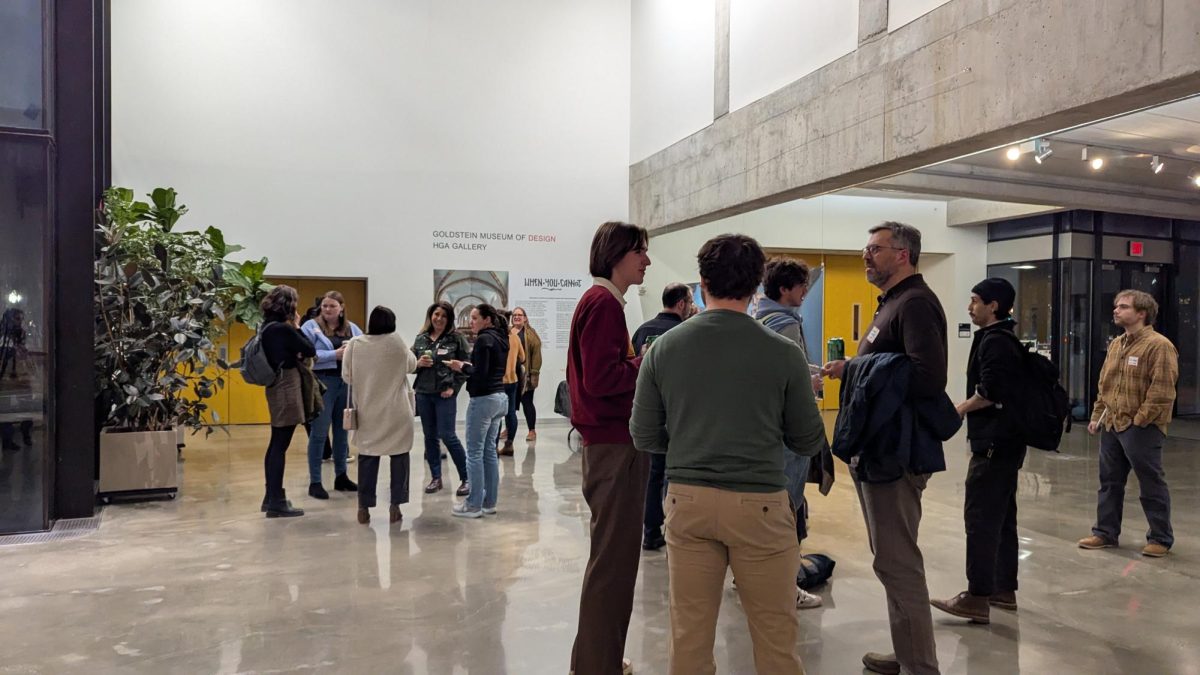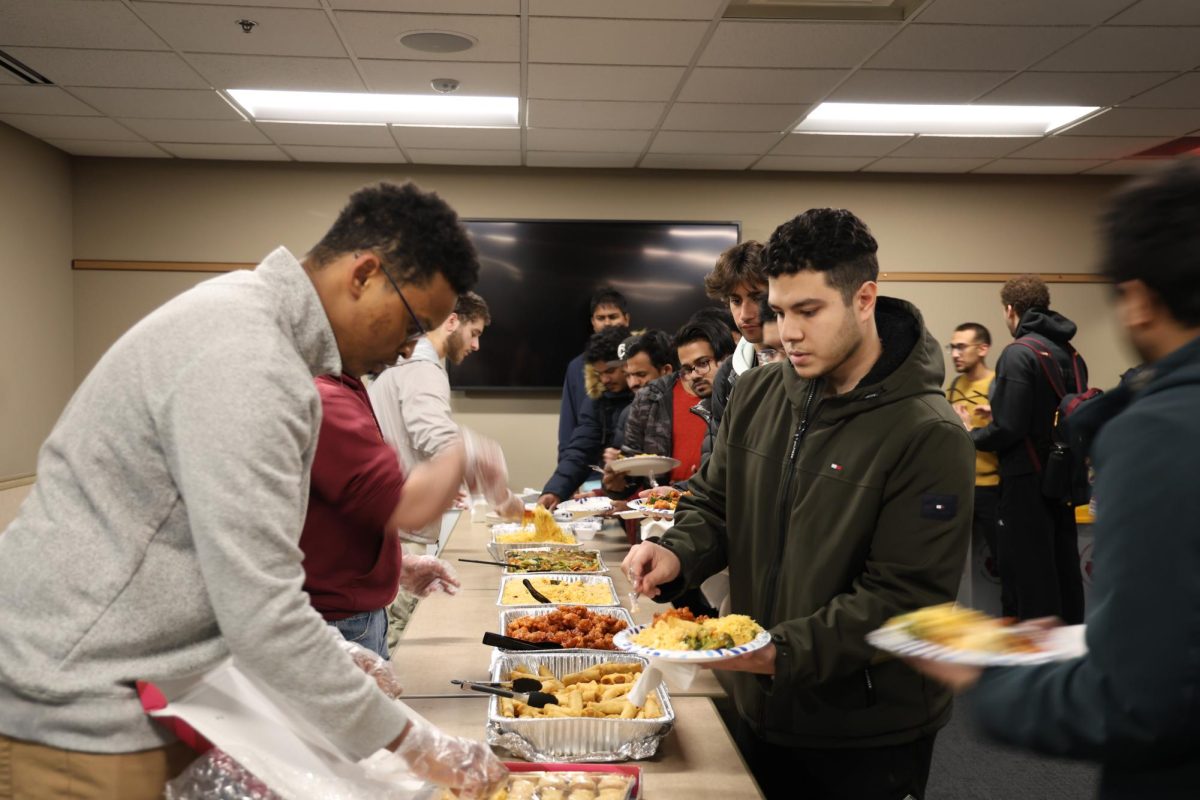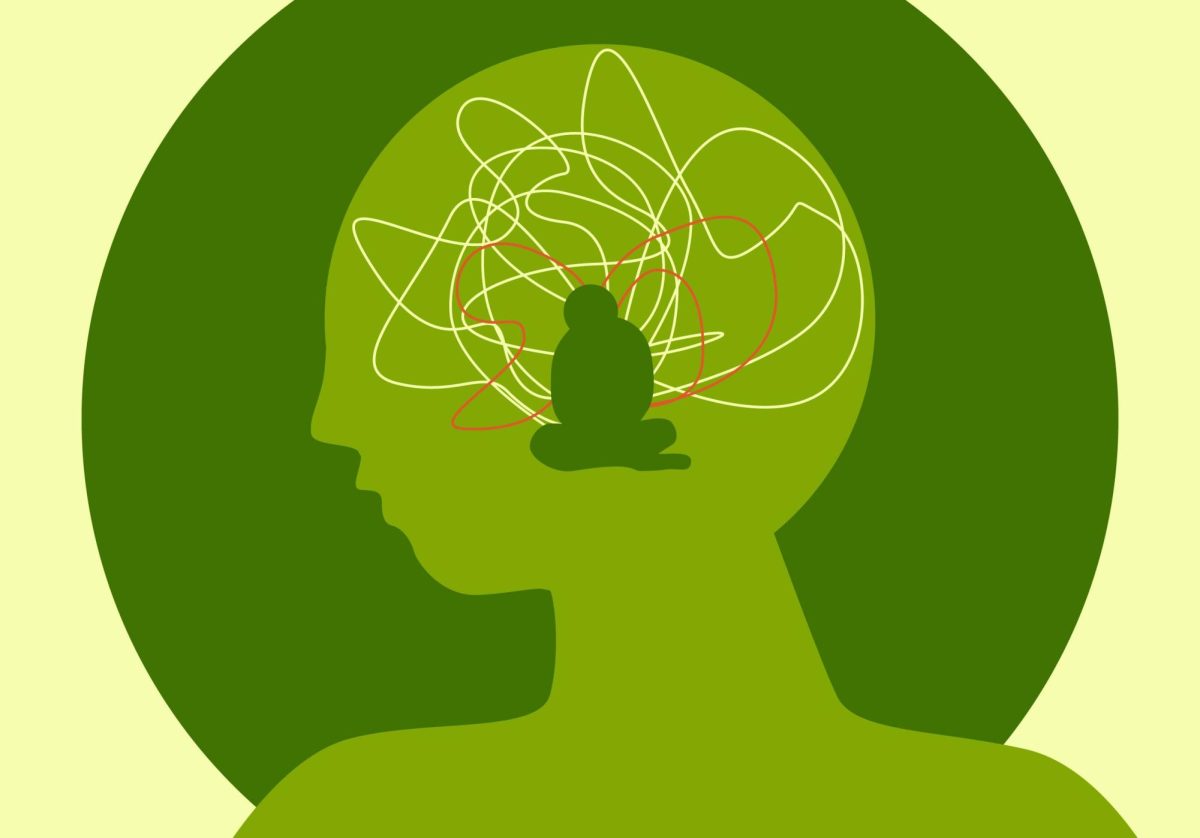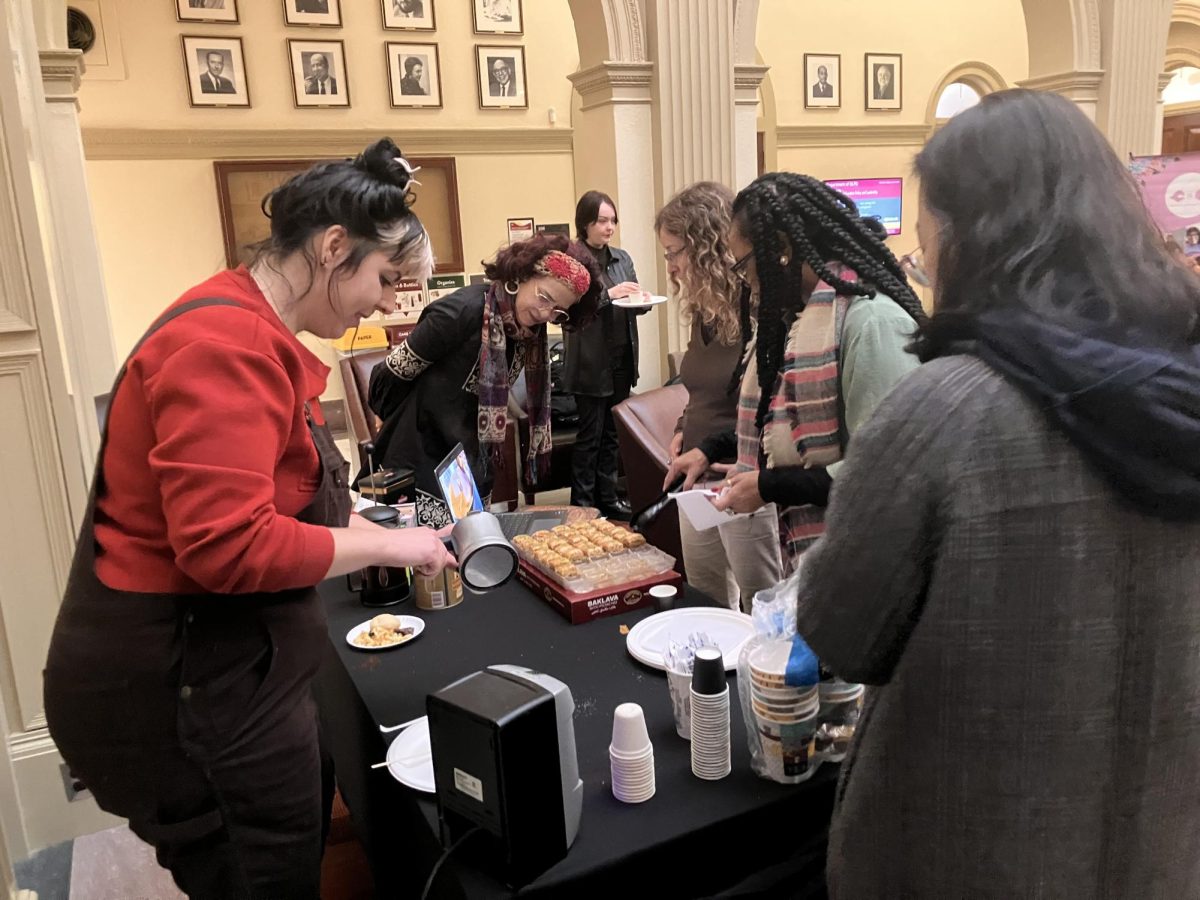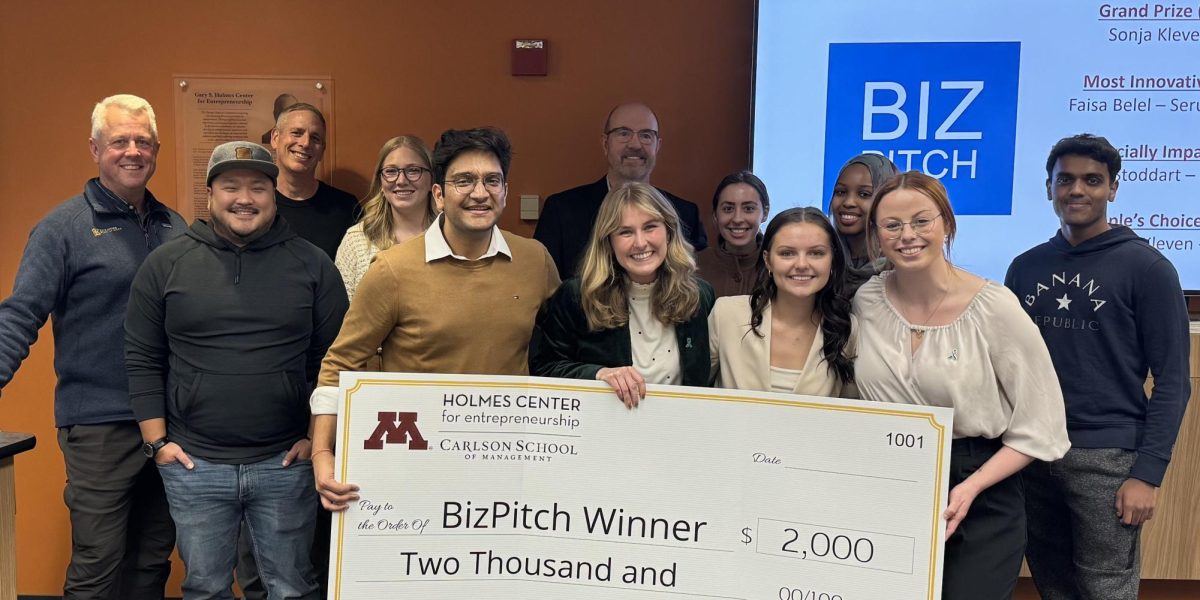The University of Minnesota’s Arab Band showcases the unique complexity of Arabic music and is looking to continue performing at events on and off campus.
The Arab Band implements Arabic music by teaching and performing the Arabic music theory, a primarily melodic and modal music system focusing on the movement of single-note melodies rather than harmonic structures.
According to its mission statement, the band aims to create a welcoming and inclusive environment where people of all backgrounds can come together to share their passion for Arab musical traditions.
The group was created in March 2024 by third-year students Jordan Sarkis and Kermina Gendi, who both serve as co-presidents.
The band has performed at nine events on and off campus since its creation, most recently performing at an event for the Saudi Student Association.
Performances pop up out of nowhere, according to Sarkis, but the band’s next confirmed performance is at the Arab Student Association Gala May 3 and the Northeast Minneapolis Arts Associations Art-A-Whirl May 16-18.
Sarkis said he wanted to found the band because of the lack of Arab music on campus and in the greater community. Sarkis grew up in a musical environment with his father being a composer and his brother a guitarist and pianist.
Sarkis, who grew up in Jordan and came to the U.S. two and a half years ago, said he wanted to continue to pursue music like his father and brother. Sarkis said he could not find a community interested in Arab music on campus when he first started school, inspiring him to form the band.
The band first got together and performed at an Arab Student Association event during Ramadan last year, Sarkis said, thinking the performance would only be a one time thing.
“They didn’t see that anywhere before and we were like, if we are the only ones that are able to provide this and we are showing a lot of people who may have been in my position, not knowing that these kind of people exist, you know those people share this kind of interest, then we can build a community, and we can make a name for ourselves,” Sarkis said.
Sarkis said he feels very proud of what the band has been able to do.
“It is a big responsibility, because you kind of want to deliver something that people used to see back home, and as someone who is doing that for the first time, it is a big responsibility, but it also makes me feel very proud of what I do,” Sarkis said.
Sarkis plays the ney and is a percussionist as well, playing instruments like the clarinet and the oud. The ney is an ancient 5,000-year-old Middle Eastern flute made from reed, a type of tall, slender grass that grows in wetlands and riverbanks.
The oud is a pear-shaped stringed instrument that has been used in Middle Eastern music for centuries.
Sarkis said he wants people to know that Arabic music is very unique and interesting. Arabic music has a lot of interesting and unique styles that you don’t see anywhere else in the world.
“I invite anyone Arab or not Arab to kind of join our community, whether you want to try to perform with us, whether you just want to get to know us, or watch us perform, because it’s such a unique experience to learn Arabic music, I would say much more than any other kind of music in the world,” Sarkis said.
Pianist Robert Lehmann said performing Arabic music is a new challenge, and he feels good to be a part of something special.
Lehmann, who is of Filipino descent, said he has made friends with many people of middle eastern descent due to his role in the band.
“I think music has a way of transporting people in a really powerful way,” Lehmann said. “I think especially right now, it’s just like for students who are away from centers of home, it’s just having that way of providing music and providing that glimpse of like, ‘Ooh yeah,. this feels right,’ you know, even if it’s only for a few minutes, is really powerful.”
Sarkis said he would like for people to appreciate that Arabic music is one of the most beautiful kinds of music to ever exist.
“It’s for me, the most beautiful,” Sarkis said. “I might be biased, but I’ve also studied the theory behind it, so I know it’s the most unique one and what I want from people is to just keep getting involved with all the Arab communities on campus.”


